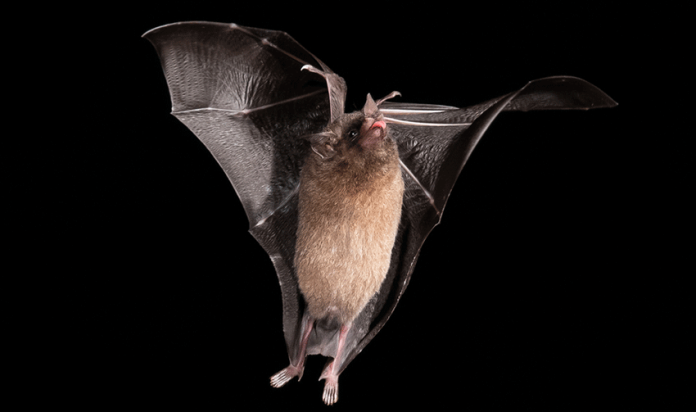A family of seven was attacked by bats inside their home in Lázaro Cárdenas, Michoacán.
The family members, including four minors, were bitten multiple times, mostly on the fingers and toes. A 26-year-old with cerebral palsy fared the worst, with 12 bites on his feet.
Local health department officials and a bat-catching team affiliated with agriculture and livestock officials reported to the scene, where the health officials administered a rabies shot and rabies immunoglobulin, a medication to prevent rabies, to everyone exposed to the bats.
The state health ministry is monitoring the family’s health and will administer second, third and fourth rabies shots — the standard health measures for bat bites.
The majority of bats eat insects, fruit, nectar, or small animals like lizards and mice. Though vampire bats are perhaps the most famous exemplars of the animal, only three out of the 1,400 species of bats in the world fall into that category.
Bats are usually gentle but will bite to defend themselves. Their strong immune systems mean they can be carriers for a variety of diseases, including rabies. Since public health campaigns reduced canine transmission, bats have become the major source of rabies in the Americas, according to the World Health Organization.
With reports from El Sol de Morelia
